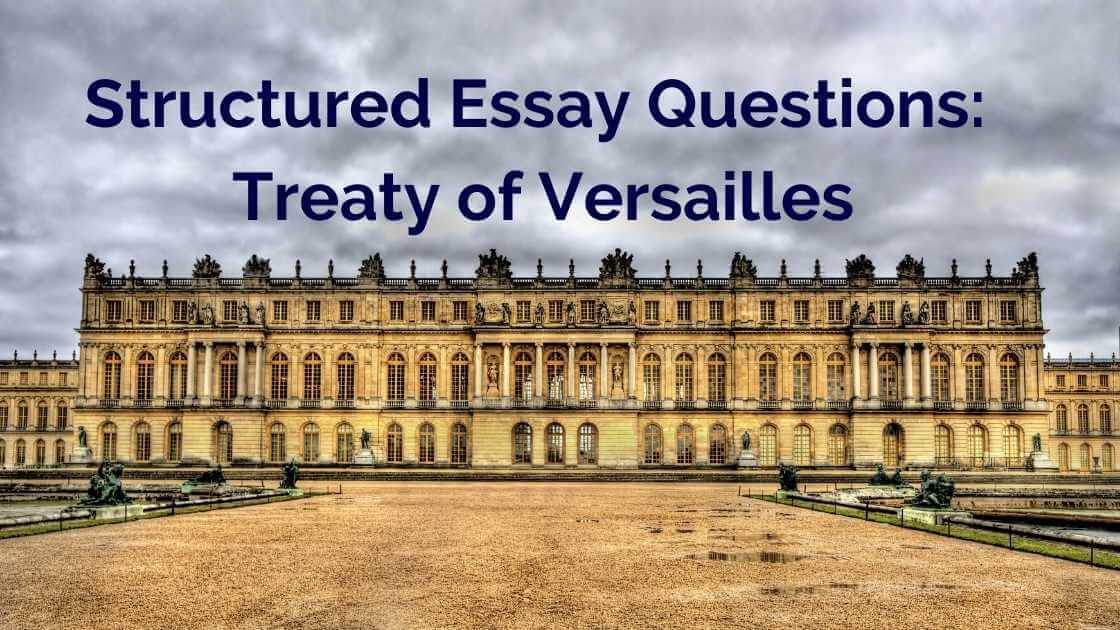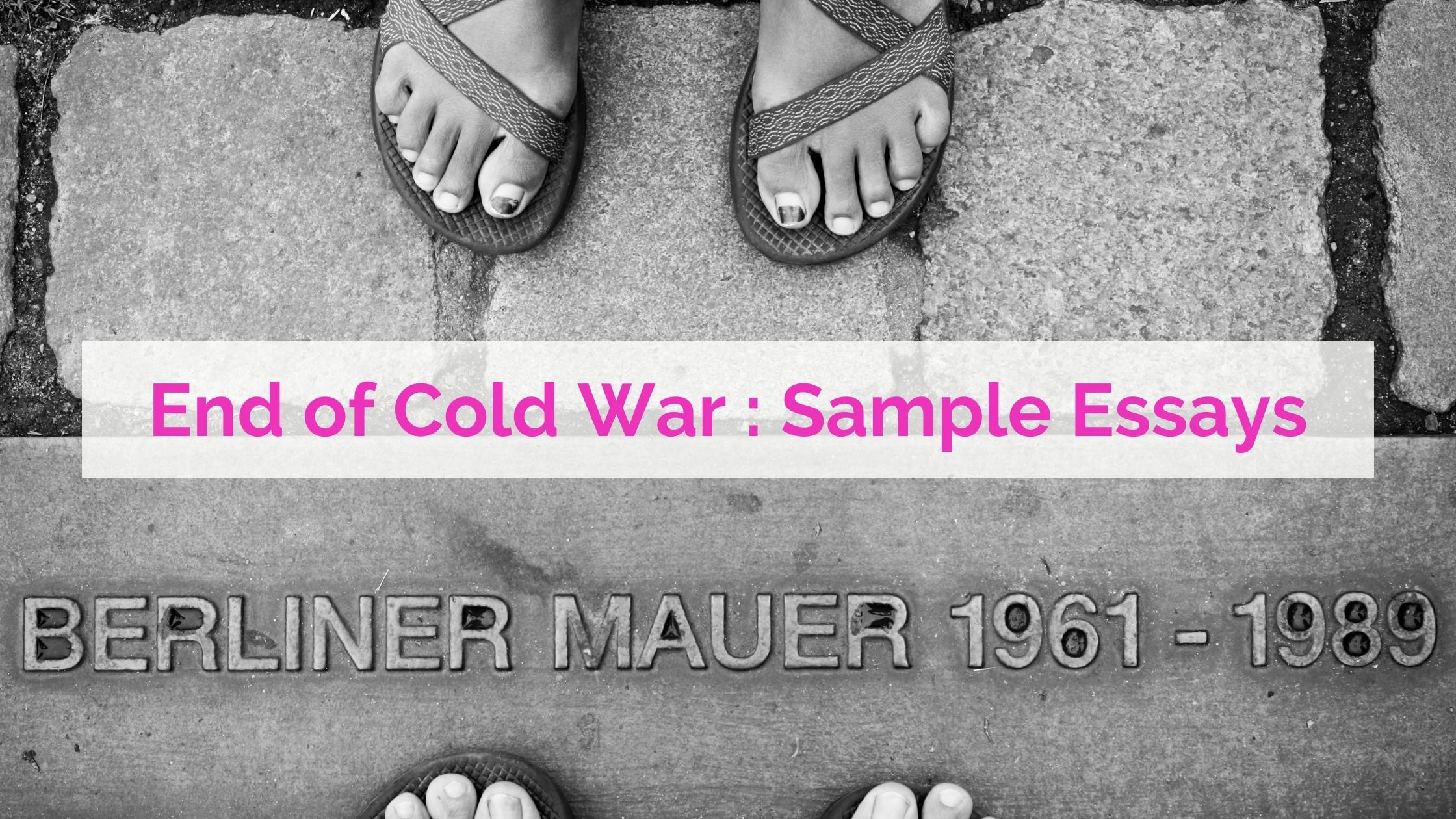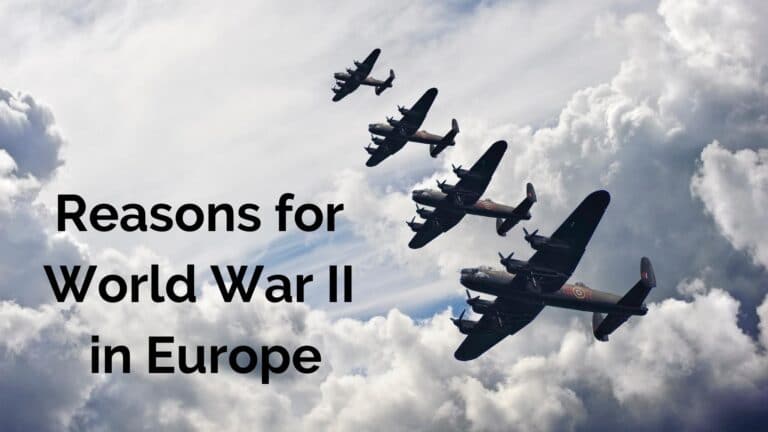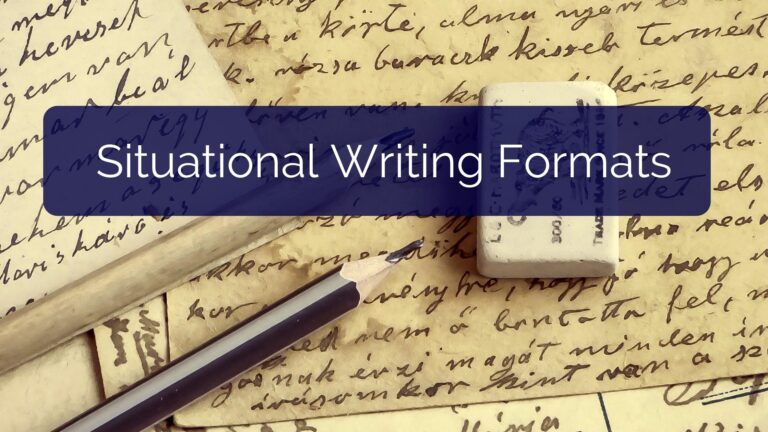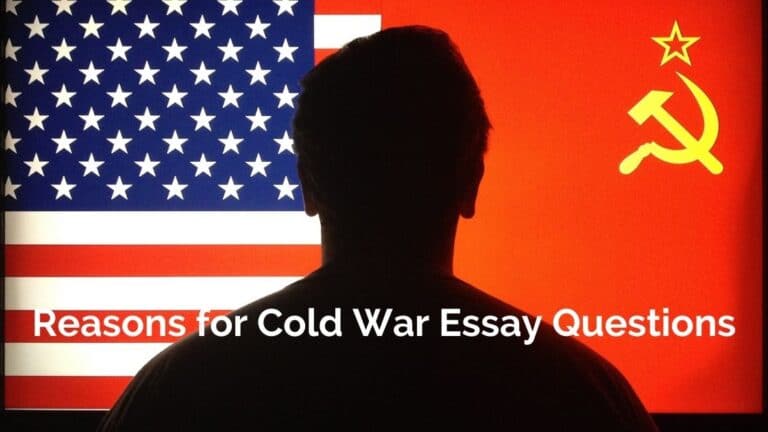Treaty of Versailles: 5 SEQ Samples
Common questions from O level history on the Treaty of Versailles will focus on the objectives of the Treaty. Another type of common question will revolve around whether it is fair or not.
To help students understand how to answer the questions above, I have listed down five sample Structure Essay Questions for them to model after.
1. Explain the aims of the USA and France during the Paris Peace Conference in 1919.
(P) Under President Woodrow Wilson’s leadership, the USA wanted a fair treaty.
(E) Wilson wanted to create a world based on just principles, be a safer place and never experience war as devastating as World War 1. Wilson had drawn up a list of his ideals, the Fourteen Points. He hoped to give people the choice of self-determination and create an organisation that would stop future wars. Wilson recognised that the Allies should punish Germany but wanted the punishment to be fair and not cripple Germany.
(E) The USA had a different experience in WW1 and had suffered very little compared to France, having entered the war only in 1917.
(L) Hence, it was not surprising that the USA’s aims were ideal and did not set out to overly punish the war’s losers.
(P) France, on the other hand, was determined to punish Germany at the Paris Peace Conference.
(E) Clemenceau aimed to weaken Germany to the point that it would not attack France again. Thus, Clemenceau wanted to weaken the German army and create a buffer zone between them. In addition, he wanted the Germans to pay so much compensation to France that the Germans would find their economy crippled. He also wanted land they had lost to Germany in an earlier war returned.
(E) He did so because France had suffered tremendously during the war as the bulk of the fighting was on French soil. More than 1.5 million French died, and hundreds of thousands were injured. In addition, the conflict destroyed large areas of agricultural and industrial land.
(L) Hence, they set out to push forth terms that would cripple Germany.
2. ‘The main aim of the Treaty of Versailles was to foster democracy in the world.’ How far do you agree? Explain your answer.
(P) A motive of the Allies was to foster democracy in the world.
(E) USA’s Woodrow Wilson greatly championed this. Wilson’s principle of self-determination allowed people except Germany to choose where they wanted to live. New countries were also set up in Europe due to self-determination by the people of the territories.
Furthermore, British Prime Minister Lloyd George moderated the punishment meted out on Germany by the Allies. He felt that Germany should be punished but not too harshly. Furthermore, Western European powers were afraid of communism; fostering democracy became a vital motive.
(E) The Allies hoped that Germany could be a barrier against the rising threat of communism, and to achieve this, the Treaty was meant to foster democracy.
(L) Wilson, and to a lesser extent, Lloyd George, did not want to take revenge on Germany but rather to promote democracy in the world and prevent the spread of communism to the rest of Europe.
(P) However, the Treaty of Versailles was also meant to prevent another outbreak of war in Europe and the world.
(E) Britain and France had been affected by World War I. France had suffered the most as the bulk of the fighting had taken place there. These countries were against the idea of another war that might further drain them.
As it was, they were starting to recuperate their losses and pay back the debts they had incurred due to the war. Hence, France and Britain were war-weary, and the politicians from these countries seriously wanted to prevent an outbreak of another war.
(E) They wanted to keep Germany militarily and economically weak. The Treaty kept the German’s army at 100,000 men, with strict air force and navy restrictions. In addition, the Allies demanded reparations that kept Germany financially vulnerable. They took away economically vital land so that it would lack funds to support its military operations.
(L) Thus the Treaty of Versailles made to punish Germany for its involvement in the war.
(J) Ultimately, I’m afraid I have to disagree with the statement that the main aim of the Treaty of Versailles was to foster democracy. The Treaty was too focused on punishing Germany and did not have clauses to help the new democratic government of Germany to do well. As a result, the democratic Weimar government in Germany struggled to repay its debts. It managed to stabilise Germany only because the United States intervened.
3. ‘The Treaty of Versailles was unfair to Germany only because of demilitarisation.’ How far do you agree? Explain your answer.
(P) Yes, the ToV was unfair to Germany because of demilitarisation.
(E) The Allies were worried that Germany could start another war if they were strong. Hence, the ToV stipulated that Germany could only maintain a minimal army of 100,000 men in the army, 15,000 men in the navy and no air force or tanks or submarines.
(E) However, the ToV made Germany’s armed forces so weak that Germany had trouble defending itself. Thus, Germany was vulnerable as they could not fend off any incoming attacks easily. In that vein, their national security was under threat. The ToV also stated that Rhineland, the buffer region between France and Germany, be demilitarised.
However, the ToV did not consider French hatred of Germany, which left Germany exposed to a potential French invasion via the now defenceless Rhineland, only served to threaten German national survival further.
(L) Thus, demilitarisation was unfair since it jeopardised German safety and compromised the country’s fundamental right to defence.
(P) But there were other sides of the ToV that were equally, if not more, unfair for Germany.
(E) One other such clause was the reparations of 6.6 million pounds that Germany had to pay. Finally, as part of accepting the War Guilt Clause, Germany had to take responsibility for all the costs of war.
(E) However, like the country war-stricken countries, Germany also had to rebuild its economy. The massive deaths from the war only made Germany poorer than the other countries after the war. As such, they could not afford to pay for the reparations. Angered by the delay in payment, France proceeded to invade The Ruhr to obtain compensation in kind through German coal.
The invasion devastated Germany even more since that area was Germany’s most industrialised state, and the country had hoped to depend on it for survival. In addition, outraged German workers also stopped work in protest of the French invasion. Hence, the strikes slowed the German economy.
(L) The reparations started a new cycle of problems after the war and made it nearly impossible for the nation to survive, rendering this clause unfair.
(J) Comparing the two impacts of ToV, I would agree with the statement to a large extent. While money is certainly crucial for a country’s survival, it is almost impossible to be committed to restarting the economy or working productively if the German citizens have to worry about their safety and their families. As testified by the French invasion of The Ruhr, having potential threats lurking does not promote a healthy environment for Germany to function and, in turn, recover economically. Hence, since defence appears to be a more pertinent issue for Germany, demilitarisation would be a more unfair clause of the ToV.
4. ‘The Treaty of Versailles was fair.’ Do you agree? Explain your answer.
(P) I’m afraid I have to disagree that the Treaty of Versailles was fair because Germany had to accept the War Guilt Clause.
(E) This clause effectively shifts the blame for starting the war on the Germans. By taking full accountability, Germany was then also made liable to pay for the damages incurred during the war.
(E) However, it was Austria-Hungary that first declared war on Serbia. It was the alliance system that pulled Germany into the conflict. Furthermore, many other countries were involved in World War One. Therefore, the Treaty of Versailles was not fair as the blame fell on Germany even though it was not entirely their fault. They were not the only aggressors in the war, nor were they the only country involved in causing damage, but they were held solely responsible.
(L) The blame was incredibly unfair since the previous government, led by the late Kaiser, started the war, not them.
(P) On the other hand, the Treaty of Versailles can be considered fair because Germany had caused extensive damages to neighbouring countries during the war.
(E) The German military was powerful, and most of the battles took place in France. As a result, there was great devastation and the loss of lives. The fighting destroyed farms and lands. It also disrupted the lives of civilians. On top of that, France lost 1.3 million soldiers, and 4.3 million were wounded. In total, France faced $24 billion of damages.
(E) The Treaty of Versailles was a fair one as it made Germany pay reparations after considering their actions and the damages.
(L) As Germany was the cause of the destruction, it was only justified to punish Germany for it.
(J) In conclusion, the Treaty of Versailles was not a fair treaty. Germany was not the only country involved in damaging the land. The Treaty did not punish the other countries for participating in the war, but instead, Germany had to bear the total cost of reparations. On top of that, Germany had no opportunity to defend herself or speak up against the terms as the victors excluded Germany from the Paris Peace Conference. As such, the punishments imposed by the victors on Germany were too harsh and unfair.
5. Explain why the Germans felt that the Treaty of Versailles was a humiliation.
(P) The Treaty of Versailles was humiliating to the Germans because it made Germany blame World War I.
(E) Germany was forced to sign the War Guilt Clause, which meant that she had to take complete blame for causing WWI. As a result of accepting all responsibility, Germany had to pay 6,600 million pounds as part of reparations and compensation for all the damage caused in the war. Hence, this caused the Germans to feel humiliated because while she was not the only one to start the war, she had to take full blame, which seemed unfair.
(E) Furthermore, the sum of reparations was also unreasonably high, and there was no way they could pay it when the Treaty of Versailles also imposed so many other economic punishments on them as well. As such, they felt humiliated by the Treaty of Versailles.
(P) The Treaty of Versailles was humiliating to the Germans because of its harsh military terms.
(E) The Treaty of Versailles made Germany extremely militarily weak. Although Germany was one of the many countries that participated in WWI, she only one to be disarmed.
The German army was limited to only 100 000 soldiers, and no conscription was allowed. They were also not allowed to have an air force or any tanks. The navy was limited to 6 battleships and no submarines. The reduction made Germany very weak militarily. There was also a demilitarised zone in the Rhineland where they could not place any troops to defend themselves.
(E) Many German officers and German citizens saw the disarmament as a disgrace as it severely weakened their defence capabilities. Moreover, even though the Allies were also involved in the war, they were not made to disarm.
(L) As a result, the Germans felt that the Treaty of Versailles was highly humiliating for them as it seemed highly harsh on them and left them vulnerable.
If you want to know more about O Level History, do check out this blog post. For more information on the Treaty of Versailles, you can check this out.
You can download a pdf version below.
- League of Nations
- Rise of Stalin
- Stalin’s Rule
- Rise of Hitler
- Hitler’s Rule
- Reasons for World War II in Europe
- Reasons for the Defeat of Germany
- Reasons for World War II in Asia-Pacific
- Reasons for the Defeat of Japan
- Reasons for the Cold War
- Korean War
- Cuban Missile Crisis
- Reasons for the End of the Cold War

Critical Thought English & Humanities is your best resource for English, English Literature, Social Studies, Geography and History.
My experience, proven methodology and unique blend of technology will help your child ace their exams.
If you have any questions, please contact us!

